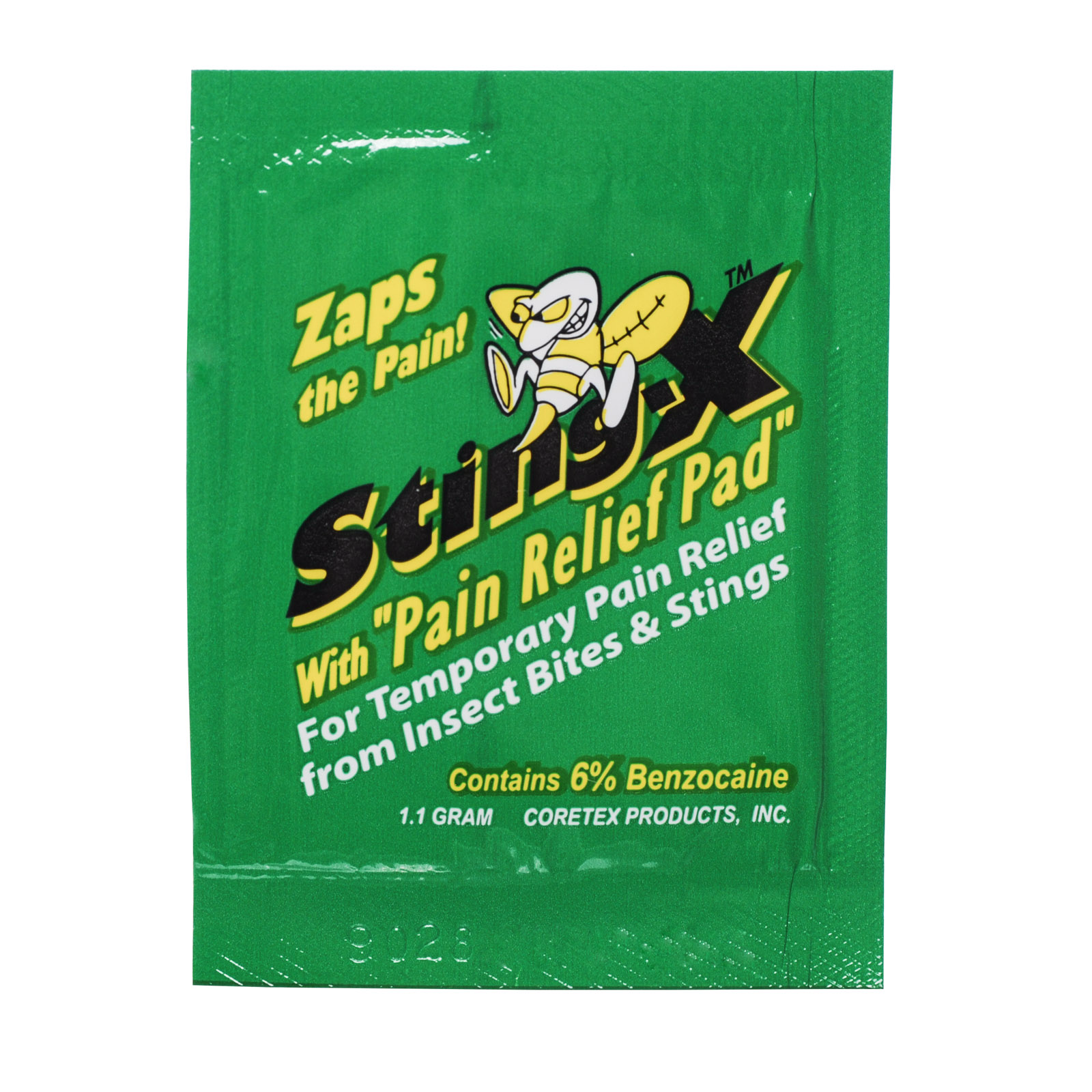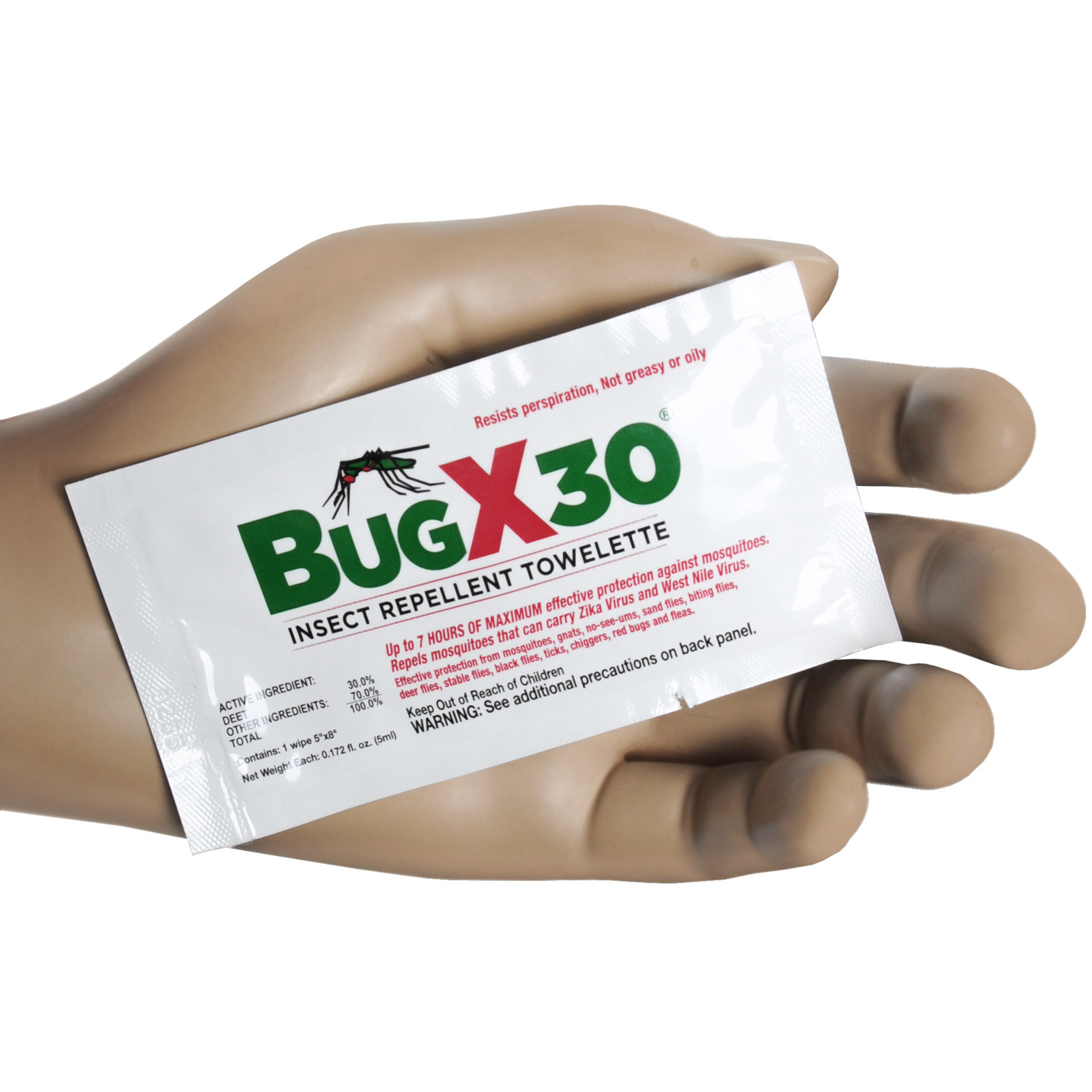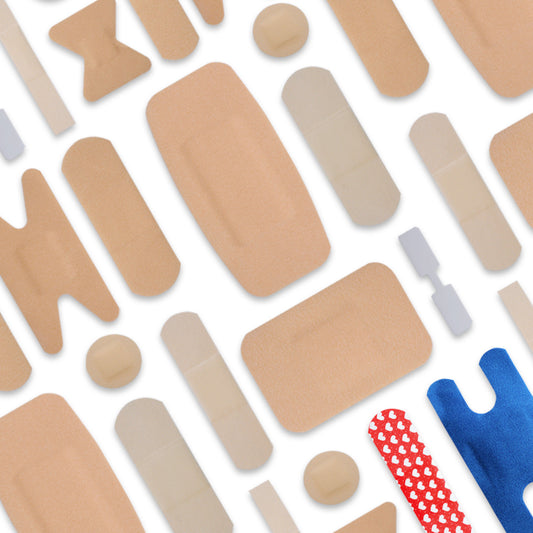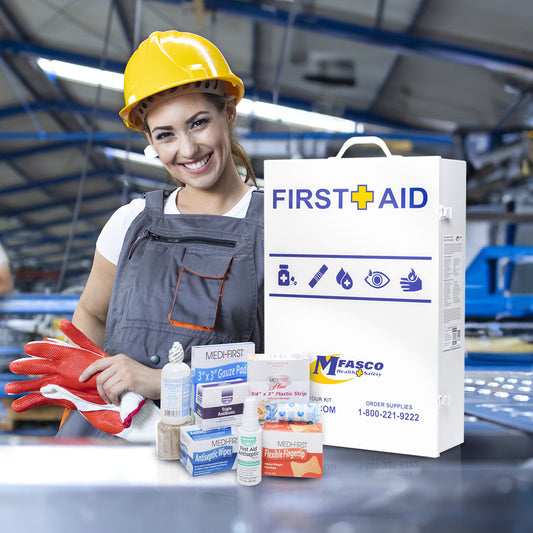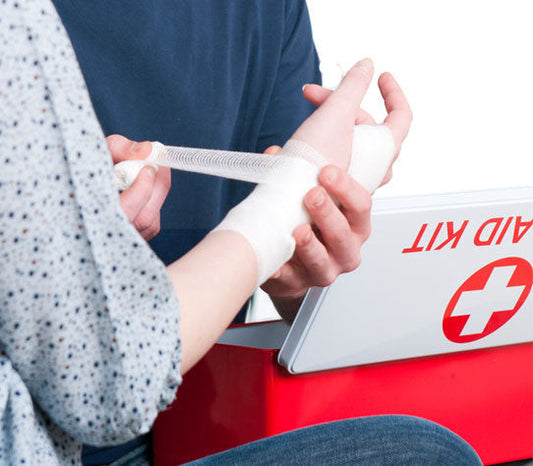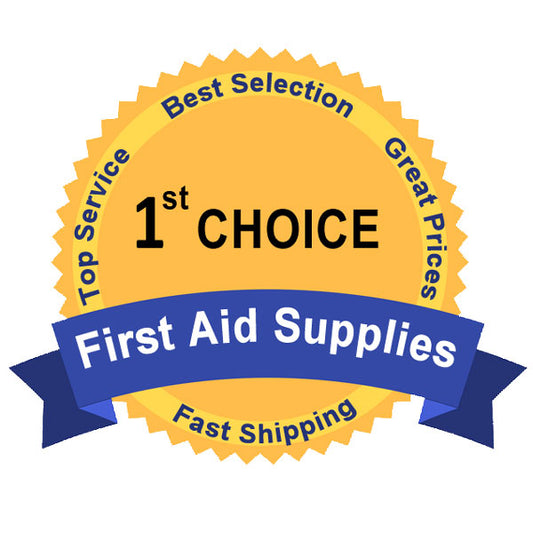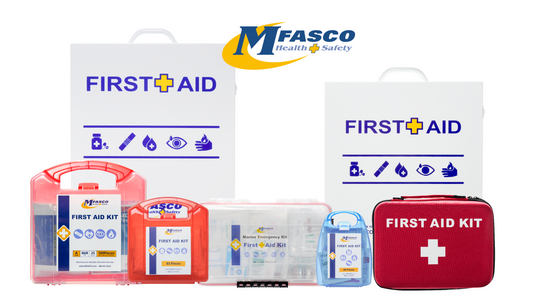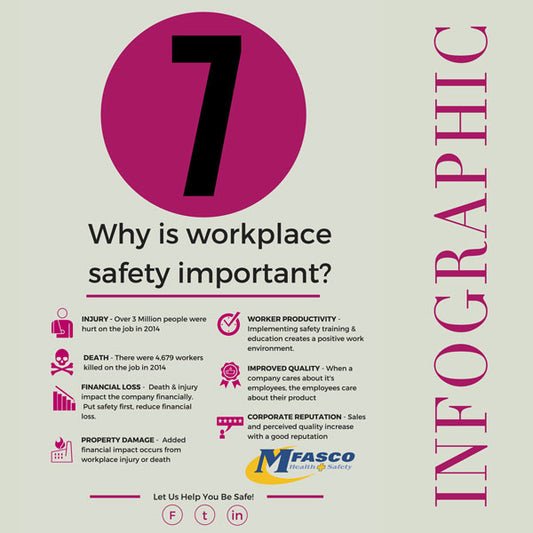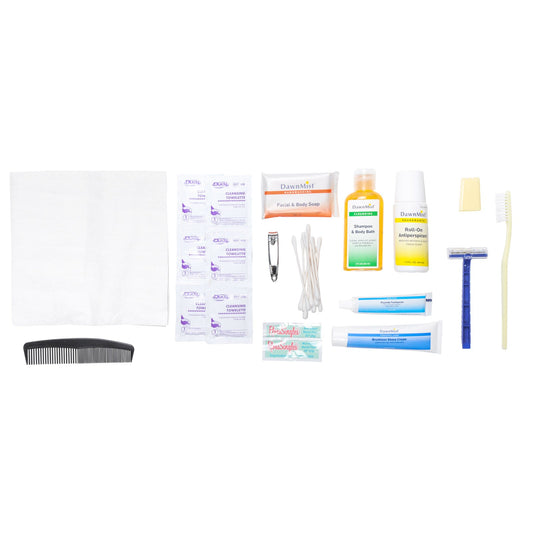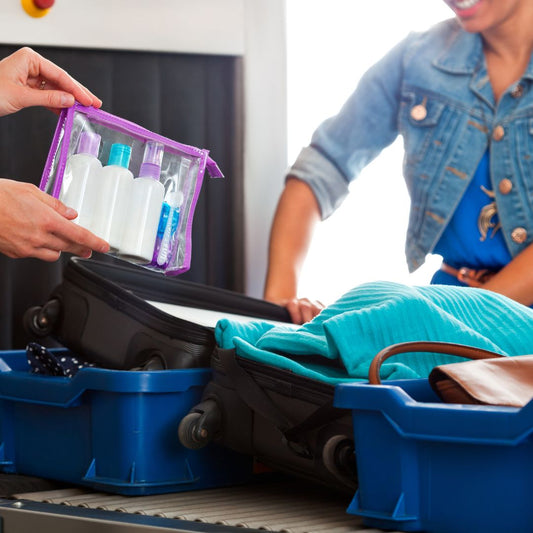How To Prevent and Treat Bug Bites
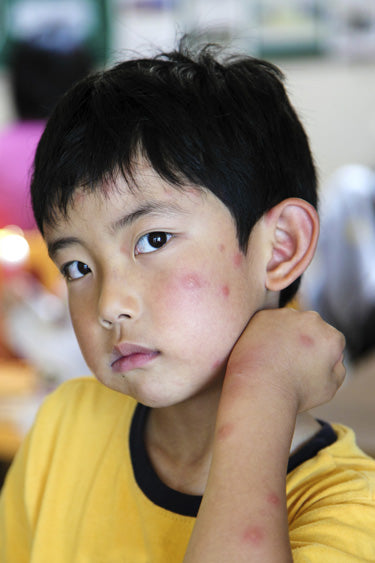
When the warm weather arrives so do the bugs. All kinds of insects are seeking food and we are included in their daily buffet. While we can’t completely prevent getting bitten or stung, we can take steps to reduce the potential for bites. When we do get bitten or stung by a bug, we should attend to them properly. Take a look at how to prevent and treat bug bites.
How to Prevent Bug Bites
Insects are a part of our ecosystem. They are food for other insects, reptiles, and small creatures and yet they too must eat and protect themselves. When you get bitten by a bug, they are either protecting themselves or looking for nourishment. Typical bites involve insects like chiggers, mosquitoes, fleas, spiders, and flies.
WebMD recommends 6 ways you can prevent bug bites from occurring
- Apply insect repellent before going to an area where you will experience bugs
- Wear light-colored clothes that cover your body.
- Avoid wearing scented lotions creams or any cosmetic or hair products
- Keep car windows closed
- When eating outdoors, don’t get your food out until you are ready to eat.
- Avoid flowering plants
What is a bite or sting?
When we get a bug bite, most of the time the insect's salivary fluid causes our skin to swell, turn red, and become itchy. These are typical allergic reactions that can last anywhere from a few hours to a few days. While most of these bites are harmless, great caution should be taken with small children and others who may be prone to having a severe allergic reaction. In rare cases, bugs can transmit diseases like malaria or the West Nile virus.
What should you do if you are bitten by a bug?
As mentioned, most bites are harmless. In rare cases, you may need to seek medical attention. Call 911 immediately if you have been bitten and had a serious reaction in the past or have sudden hives, swelling in the face, or have other symptoms like dizziness, difficulty breathing, or fainting.
How to treat symptoms of bug bites
The goal is to relieve discomfort caused by the bite or sting. Medicines, salves, creams, or sprays that help relieve itching, swelling, or pain can be used as directed. Always pay attention to the instructions for use for any treatment and be sure to differentiate between adults and children when any type of medicine is involved. Adults and children respond differently to treatment so pay attention to the instructions. Allergic reactions must be taken seriously, seeking medical attention immediately as just stated above. For the less serious and more common reactions to insect bites, WebMD recommends the following:
- Remove any jewelry from the area of the bite or sting before swelling occurs.
- Apply ice to the bit for 10 minutes, then remove for 10 minutes. Repeat this step.
- Elevate the area
- Take the appropriate pain relievers if necessary
- Take an antihistamine to help with swelling and itching
- Apply calamine lotion or a mixture of baking soda and water to relieve itching.
Outdoor Products & Accessories
MFASCO's Make a Kit Tool
Outdoor First Aid Kits
Bug X 30 Insect Repellent Wipe
Additional Resources for Outdoor Kits & Supplies
Top 8 First Aid Kit Types
5 Outdoor Health Tips - Part 1
Essential First Aid Kit Supply List
Contributing Expert

Mike Brinker
Mike Brinker has been working in the first aid industry for over 35 years. He has worked with thousands of businesses,groups, and organizations to provide a healthy and safe work environment. Mike helped create “Make-A-Kit”, the internet's only online first aid kit creation tool. He has also authored many helpful first-aid and safety-related resource articles found at the MFASCO Learning Center.

